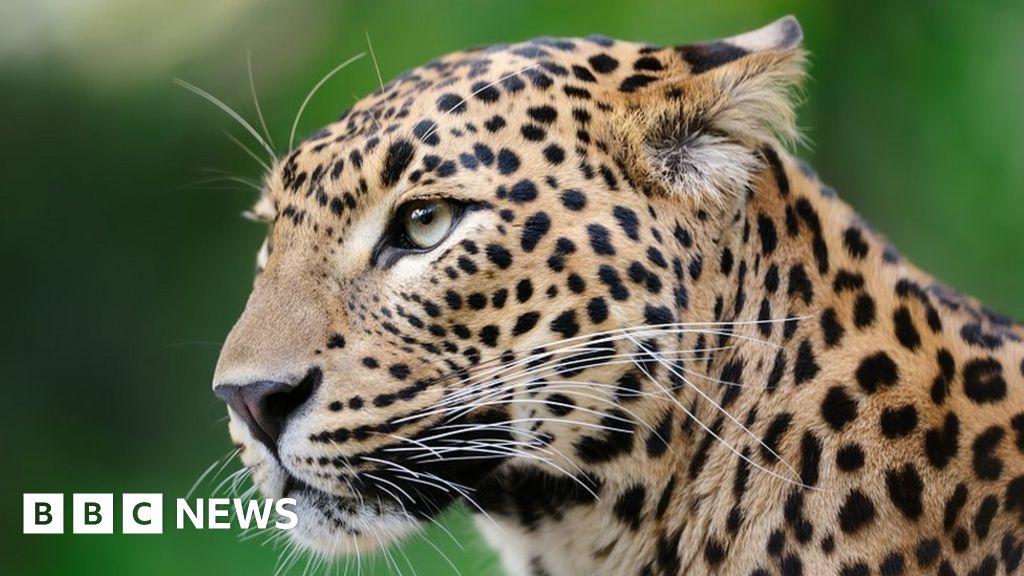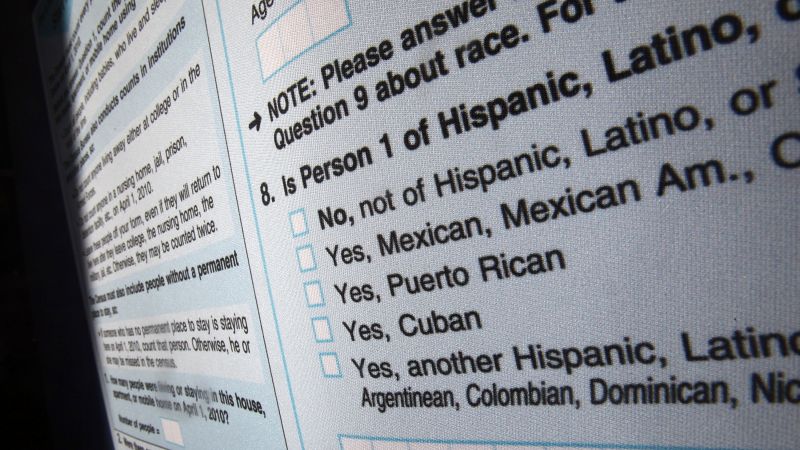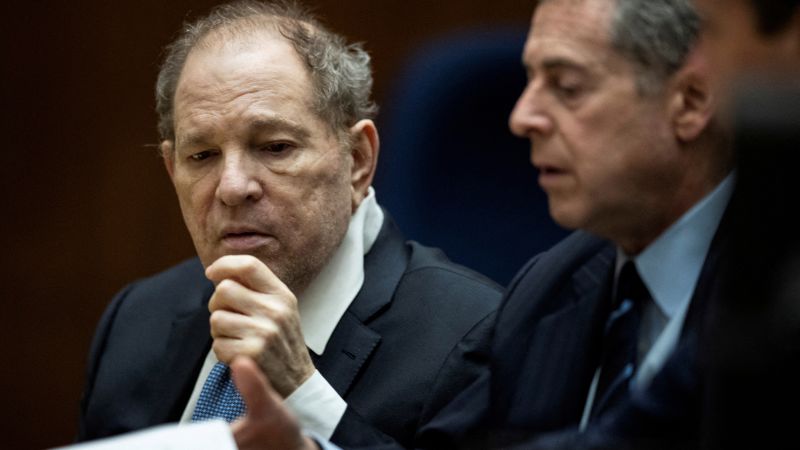Global banking giants are investing in companies which produce traditional Chinese medicines containing leopard and pangolin parts, a report has found.
Both species are classed as threatened.
The Environmental Investigation Authority (EIA) identified 62 banks and financial institutions which are investing in three pharmaceutical groups making nine products which they say contain leopard or pangolin.
The Environmental Investigation Authority (EIA) identified 62 banks and financial institutions which are investing in three pharmaceutical groups making nine products which they say contain leopard or pangolin.
The companies include UK financial services giants such as HSBC, Prudential, and Legal & General, as well as global investment firms including Goldman Sachs, UBS, Deutsche Bank and BlackRock.
Leopards and pangolins are threatened, which means they are likely to become endangered in the foreseeable future. Both are also listed on the CITES (Convention on International Trade in Endangered Species of Wild Fauna and Flora) treaty which prohibits international commercial trade in them and their parts, in a bid to ensure their survival in the wild is not threatened.
The three pharmaceutical companies, highlighted in the EIA report are Tong Ren Tang group, Tianjin Pharmaceutical group and Jilin Aodong Pharmaceutical Group.
Not all the companies listed in the EIA report invest in all three of them, but they all invest in at least one.
In traditional Chinese medicine (TCM) leopard bone is used as a tiger bone substitute. Tiger bone is believed to strengthen bones and sinews, provide pain relief and help get rid of wind. Pangolin scales are said to aid blood circulation, lactation and help with rheumatic pain relief. These claims are not backed up by scientific fact.
Global banking giants are investing in companies which produce traditional Chinese medicines containing leopard and pangolin parts, a report has found.
The Environmental Investigation Authority (EIA) identified 62 banks and financial institutions which are investing in three pharmaceutical groups making nine products which they say contain leopard or pangolin.
Both species are classed as threatened.
The companies include UK financial services giants such as HSBC, Prudential, and Legal & General, as well as global investment firms including Goldman Sachs, UBS, Deutsche Bank and BlackRock.
The Environmental Investigation Authority (EIA) identified 62 banks and financial institutions which are investing in three pharmaceutical groups making nine products which they say contain leopard or pangolin.
The Environmental Investigation Authority (EIA) identified 62 banks and financial institutions which are investing in three pharmaceutical groups making nine products which they say contain leopard or pangolin.
The companies include UK financial services giants such as HSBC, Prudential, and Legal & General, as well as global investment firms including Goldman Sachs, UBS, Deutsche Bank and BlackRock.
Leopards and pangolins are threatened, which means they are likely to become endangered in the foreseeable future. Both are also listed on the CITES (Convention on International Trade in Endangered Species of Wild Fauna and Flora) treaty which prohibits international commercial trade in them and their parts, in a bid to ensure their survival in the wild is not threatened.
The three pharmaceutical companies, highlighted in the EIA report are Tong Ren Tang group, Tianjin Pharmaceutical group and Jilin Aodong Pharmaceutical Group.
Not all the companies listed in the EIA report invest in all three of them, but they all invest in at least one.
In traditional Chinese medicine (TCM) leopard bone is used as a tiger bone substitute. Tiger bone is believed to strengthen bones and sinews, provide pain relief and help get rid of wind. Pangolin scales are said to aid blood circulation, lactation and help with rheumatic pain relief. These claims are not backed up by scientific fact.
#Big #banks #linked #products #pangolin #parts
Note:- (Not all news on the site expresses the point of view of the site, but we transmit this news automatically and translate it through programmatic technology on the site and not from a human editor. The content is auto-generated from a syndicated feed.))



